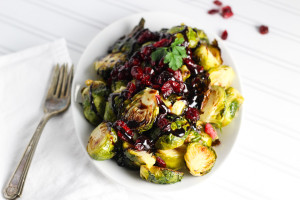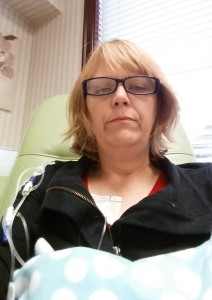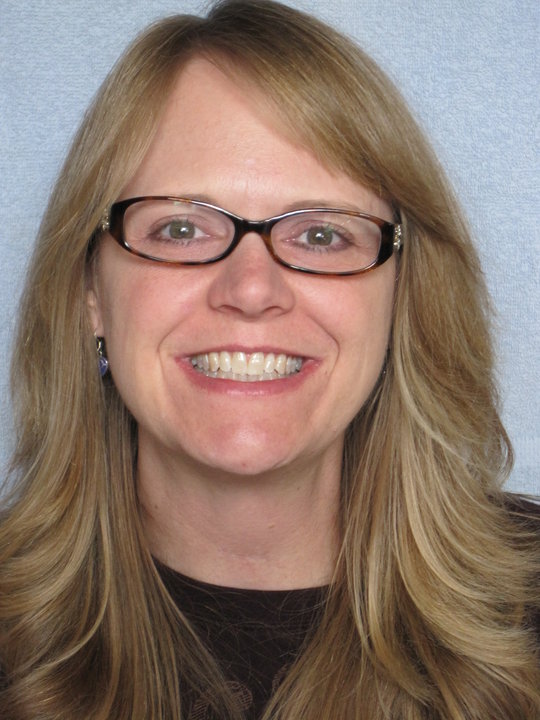The unlikely fellows on the cancer detour have been one of my great surprises during the past few months. Soon after recovering from surgery, I looked for cancer support groups and found Cancer CAREpoint, a local non-profit offering free counseling, as well as cancer support groups.
After attending my first support group, I was hooked! It was such a relief to find other women who were grappling with doubts, fears, and struggles similar to what I was facing. From these groups, I have 
made personal connections with a couple of the others and we talk outside of the group. I would like to say we meet for coffee, but that’s off the table for those of us who have to watch our exposure to the public due to the risk of infection.
But, when we talk on the phone or at the oncologist’s office, we may run the gamut of emotions and topics from mutually bemoaning the distressing loss of hair; to other surprising, and sometimes humorous, changes in our appearance; side effects; and family issues, just to name a few. With these faithful fellows, I have found understanding and encouragement. Often, we are laughing one second and on the verge of tears in the next.
These unlikely fellows on the cancer detour share a body of knowledge that none of us ever expected to learn and carry a card to a club none of us ever wished to join. Yet, in the face of the unexpected turn that life has taken us, I admire the courage and commitment to live that these fellows embody, whether by courageously facing a new therapy or graciously dealing with unpleasant side effects. Some of them are survivors, some are like me and just on a cancer detour, some face recurrences, and others are walking with cancer down their final stretch of the journey of life. Their courage and grace inspire and challenge me. Some encourage with their outlook on life and others on their tenacity. For example, one person I met was given about six months to live and seven years later is still standing.
And, the faith of one of the select few closest to me inspires me. Even with the ups and downs of treatment, she has the assurance that if God heals her then great, but if not, then he will be with her no matter what. Her faith inspires and challenges me to put life and cancer in perspective and to live with hope for the future.
The shared wisdom and experience of these unexpected companions help me as I try to find my way. Although I know each experience is unique, still their experiences help me realize that I am not alone and although they may be unlikely fellows on the cancer detour, the accompaniment eases me down the road.




